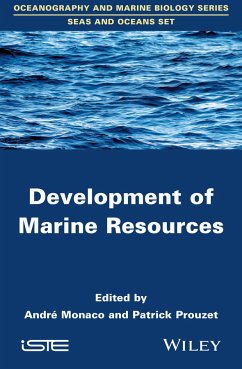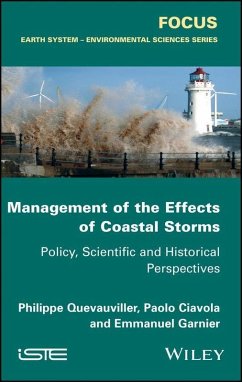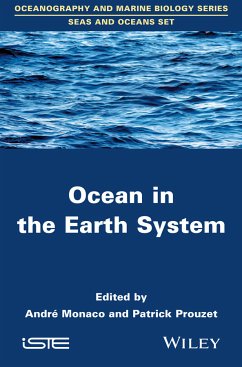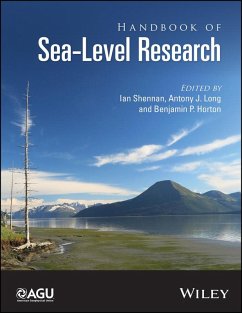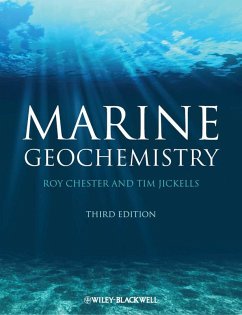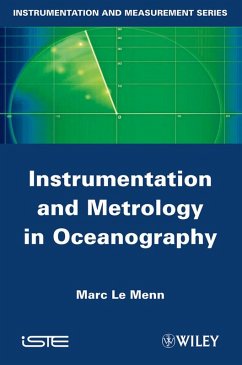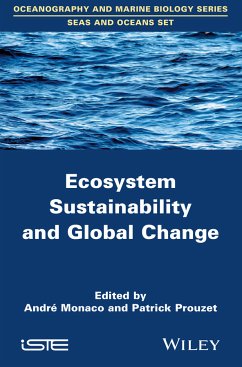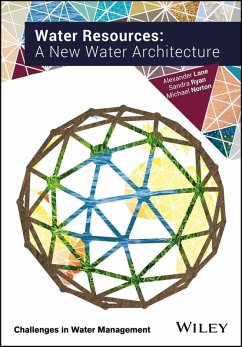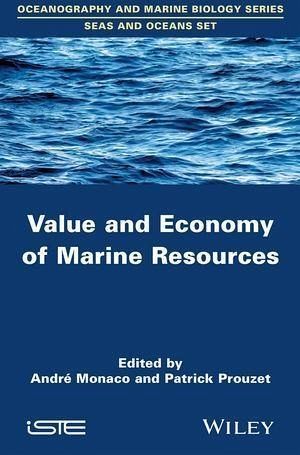
Value and Economy of Marine Resources (eBook, PDF)
Versandkostenfrei!
Sofort per Download lieferbar
139,99 €
inkl. MwSt.
Weitere Ausgaben:

PAYBACK Punkte
0 °P sammeln!
Marine resources and their exploitation, recovery and economic networks they generate are here from the perspective now inevitable growing environmental constraints, policy management and technical innovation. The recent development of marine biotechnology , the discovery of a great pharmacopoeia especially in reef environments , the development of marine renewables , are examples which show that man can develop through these new technologies property and services of the ocean. But this development resources under pressure of global change requires not only taking into account technical, but a...
Marine resources and their exploitation, recovery and economic networks they generate are here from the perspective now inevitable growing environmental constraints, policy management and technical innovation. The recent development of marine biotechnology , the discovery of a great pharmacopoeia especially in reef environments , the development of marine renewables , are examples which show that man can develop through these new technologies property and services of the ocean. But this development resources under pressure of global change requires not only taking into account technical, but also social and political. This is the price that the analysis of maritime activities will assess the sustainability and development of various economic sectors and coastal populations, faced with the objectives of a "blue growth" associated with a return to the "good state" of the marine environment.
Dieser Download kann aus rechtlichen Gründen nur mit Rechnungsadresse in D ausgeliefert werden.




